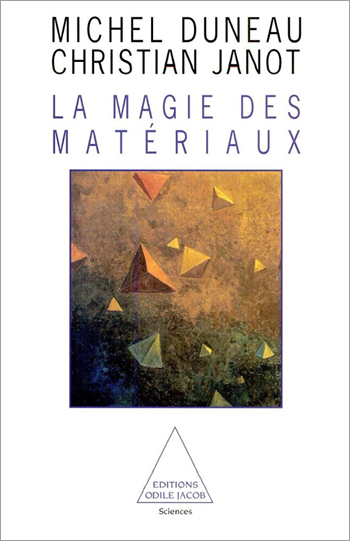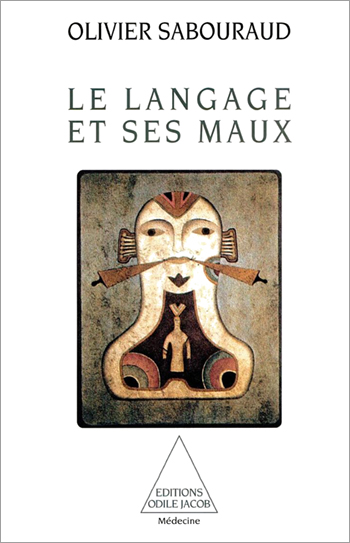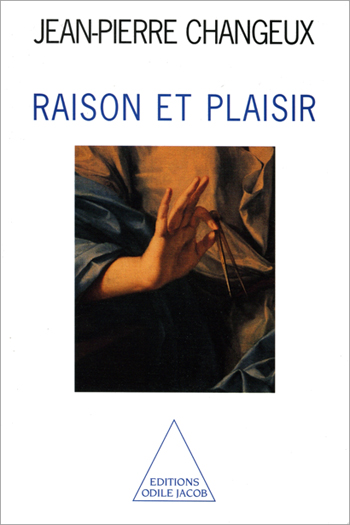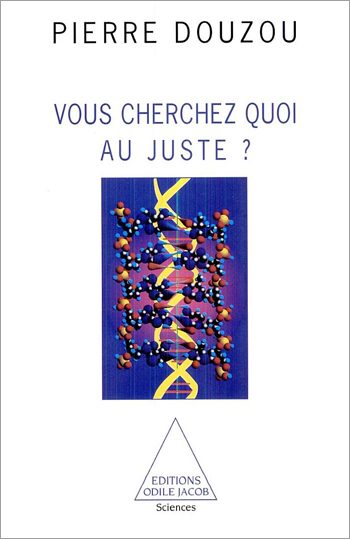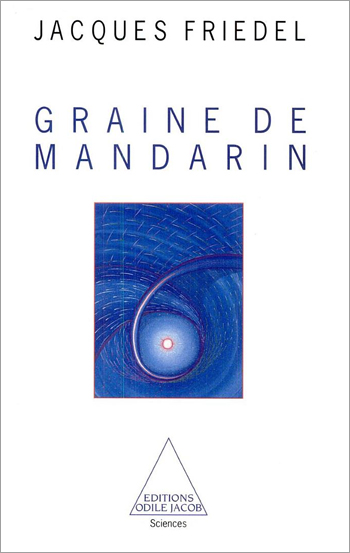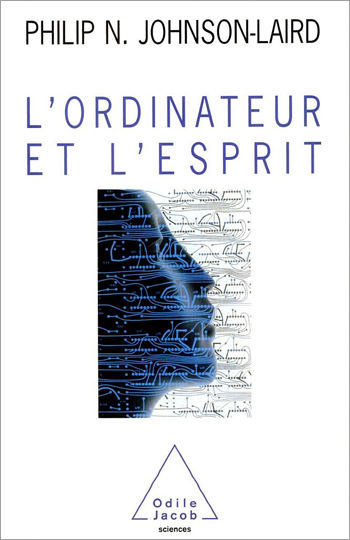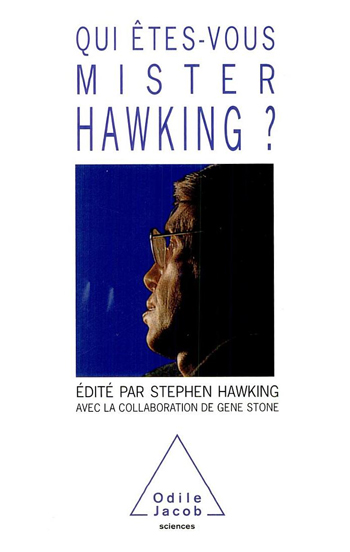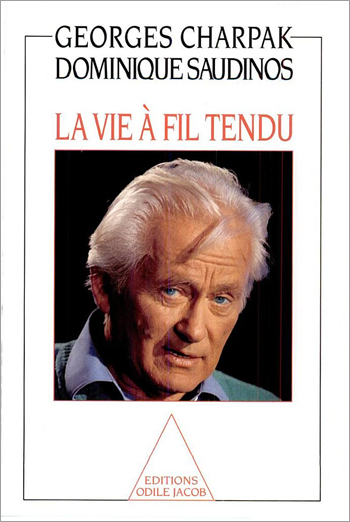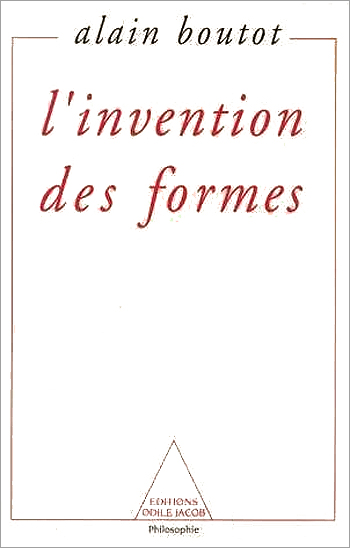Science All books
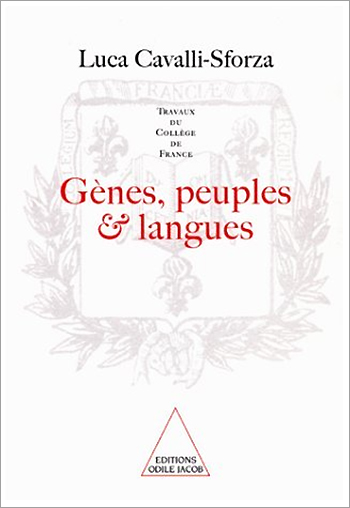
Luca Cavalli-Sforza
Genes, People and Languages (Work of the Collège de France)
How is culture passed on ? Is it possible to reconstruct the history of the evolution of the human species using genetic information from existing populations ?
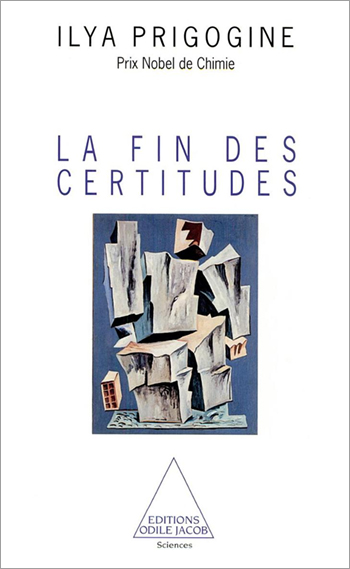
Ilya Prigogine
The End of Certainties
As we come to the end of the century, the question of the future of science is often posed. I believe we are just at the beginning of a new endeavour. We are witnessing the development of a science which is no longer limited to simplified, idealised situations, but makes us face the complexity of the real world. This new science will allow human creativity to be experienced as the unique expression of a fundamental trait common to all aspects of nature. Ive tried to present this conceptual transformation, which implies the beginning of a new chapter in the fruitful relations between physics and mathematics, in a manner that will be comprehensible and accessible to all readers interested in the evolution of our ideas of nature. We are but at the threshold of a new chapter in the history of our dialogue with nature, writes Ilya Prigogine. Ilya Prigogine, winner of the Nobel Prize for Chemistry, teaches at the Free University of Brussels and at the University of Texas, in Austin.
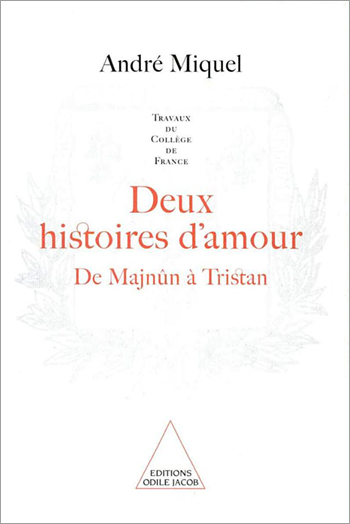
André Miquel
Two Stories of Love (Work of the Collège de France) From Majnûn to Tristan
How does absolute passion express itself in Middle-Eastern and in Western societies?
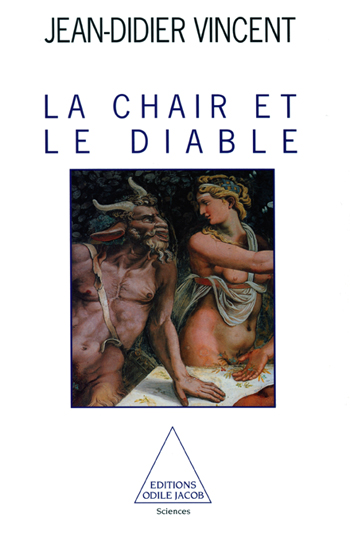
Jean-Didier Vincent
The Flesh and the Devil
"If I did not exist, nothing would exist, because there would be nothing to which oppose oneself", writes Fernando Pessoa in the devil's name. Is this the invention of a poet? Nothing is less sure. The scientist confirms the notion that life is born from the confrontation between molecules. J.D. Vincent invites us here to explore with him all the aspects, the ramifications, from animal life to the human brain, which are nurtured by this principle of opposition. The devil is constantly at work in the heart of the living, and neurobiologist Jean-Didier Vincent demonstrates this evidence with humor in his book, a continuation of the spirit present in his Biology of Passions.
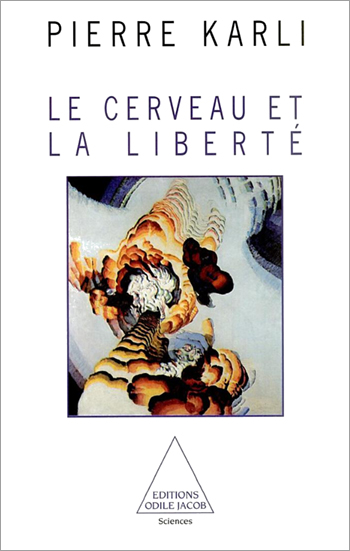
Pierre Karli
The Brain and Freedom
What is the relationship of man with the world, the others, with himself? To this perpetual question, many answers have been given by the various, religious or philosophical systems of thought. Pierre Karli, a neurophysiologist, proposes to look in the direction of science. He shows, by synthesizing the most advanced scientific works, how individual freedom finds its roots at the very heart of the brain.
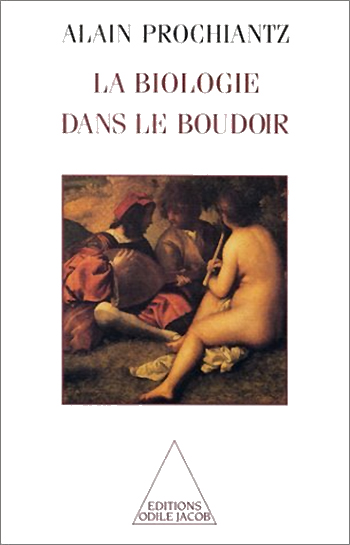
Alain Prochiantz
Biology in the Bedroom
Inspiring himself from La Philosophie dans le boudoir by Sade and the major philosophical works of the 18th century, Alain Prochiantz, who is a neurobiologist, explains by means of a dialogue, the progress of embryology and neurobiology and gives us the elements so that we can understand and measure the stakes of the recent discovery of the genes of development. Alain Prochiantz heads the Laboratory for the Development and Evolution of the Nervous System at the École normale supérieure. He is notably the author of Strategies of the Embryo, and Claude Bernard, the Physiological Revolution.
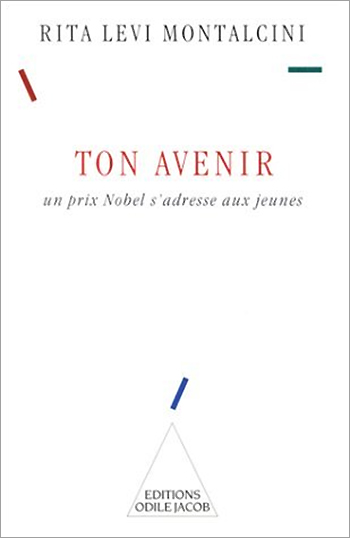
Rita Levi Montalcini
Your Future A Nobel Prize which speaks to young people
When a great scientist makes a point of getting through to young people and those around them.... When a Nobel prize brings within everyones reach all the key principles of biology.... When an exceptional woman passes down to new generations the values on which she has based her life.... Science with a conscience ! Rita Levi Montalcini recieved the Nobel Prize for Medicine. Born in Turin, but forced from Italy by the Fascism, she has for many years taught in the United States.

Antonio R. Damasio
Descartes' Error Emotion, Reason, and the Human Brain
Being rational is not denying oneself emotions. The brain which thinks, calculates, and makes decisions is not a different entity to the one which laughs, cries, loves, and experiences pleasure and annoyance. The heart has reasons that reason itself is far from being ignorant of. In opposition to the old Cartesian dualism and to all those who wish to reduce the functioning of the human mind to detached calculations worthy of a supercomputer stands the results of the latest neurological research : the absence of emotions and sentiments prevents us from being really rational. Antonio R. Damasio heads the department of neurology at the University of Iowa, in the United States, and teaches at the Institute of Biological Studies of La Jolla.

Dennis Shasha
Mathematical Mind Games and Enigmas I The Amazing Aventures of Dr. Ecco
Under the supervision of Dr Ecco, a modern Sherlock Homes who solves the most difficult, mystifying problems, its your turn to play! No prior knowledge is necessary-- a paper and pencil will suffice. And, of course, some common sense! A researcher in computer science and artificial intelligence, professor Dennis Shasha teaches at the Mathematics Institute at the University of New York.

Jean-Didier Vincent
The Biology of Passions (New Edition)
"A fascinating book, which demonstrates that the ensemble of the brain, neurons, and synapses is literally immersed in a chemical sea. We must rid ourselves of the notion that the brain is a supercomputer." Le Figaro
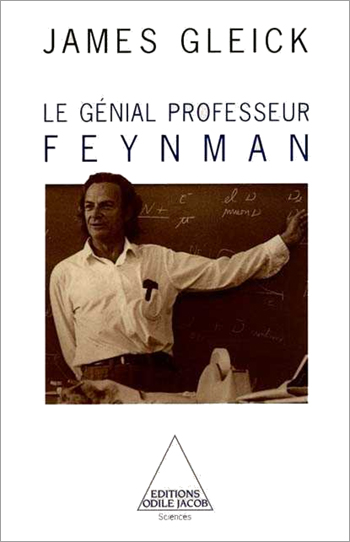
James Gleick
Genius: Richard Feynman and Modern Physics
Richard Feynman, Nobel Prize winner for his work on the description and calculation of interactions between particles, was a genius of our time. Quantum physics theoretician, enfant terrible of the Manhattan project and ascerbic critic of the investigative committee of the American space shuttle, Feynman left a profound impression on modern physics. James Gleick, a former journalist at The New York Times and author of the best-selling Chaos Theory, tells how Feynman's ideas were formed and how he reinvented particle physics. Through this portrait, Gleick explores the nature of genius itself and provides insight about the fascination that it engenders.
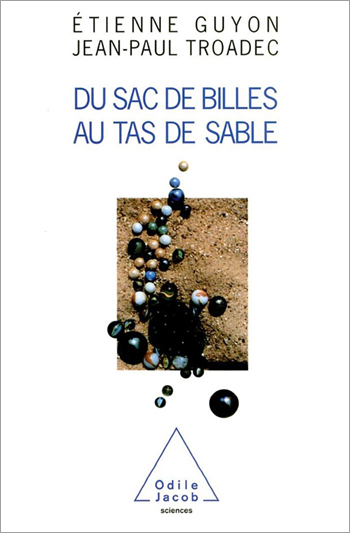
Étienne Guyon, Jean-Paul Troadec
From a Bag of Marbles to a Heap of Sand
Why don't sand dunes collapse? How does sand flow in an hourglass? How is it possible to empty a silo of all its wheat? What's a ceramic? The answer to all these questions can be found in the science of the complex organizations of matter, a science which is pluridisciplinary. Étienne Guyon, head of the École Normale Supérieure, and Jean-Paul Troadec, a researcher, present the characteristics of grain matter, the rules by which it is organized (in both crystal and fluid) as well as its movements (in silos as in avalanches).
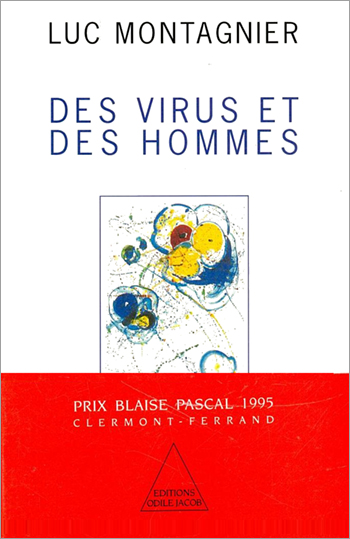
Luc Montagnier
Viruses and Man
Luc Montagnier is the person who, with his team of the Pasteur Institute, discovered in 1983 the virus responsible for AIDS. He tells about the research work which led him to this discovery. He sums up the knowledge we have of this virus, its origin and the way the disease develops. He gives the state of research today and his hopes.
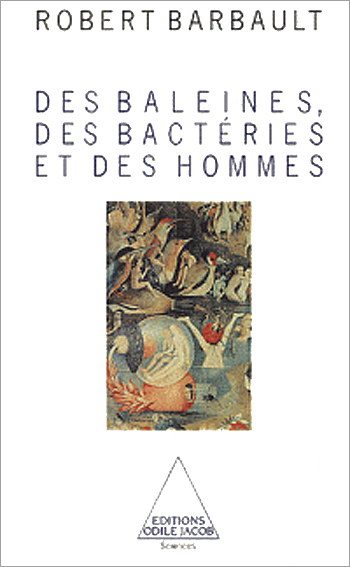
Robert Barbault
Whales, Bacteria and Man
The most prodigious mystery of life might well be in the means it has used to create so much diversity with so little matter. However, taking the risk of destroying the most precious ecosystems, Man inflicts to Nature deforestation, pollution, sea walls and many other acts of violence. This book explores this profusion of life of which human beings are one of the components as well as one of its pivots.
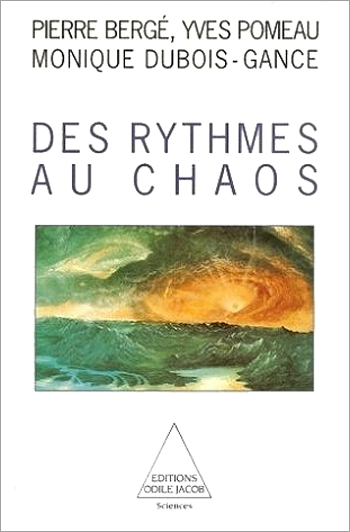
Pierre Bergé, Yves Pomeau, Monique Dubois-Gance
From Rhythm to Chaos
From the physics of particules to astronomy, from chemistry to biology, chaos is present in most scientific fields. Three specialists of this subject have undertaken, through many examples, to extract chaos from the scientific world in order to show how strong is its hold on our daily lives.
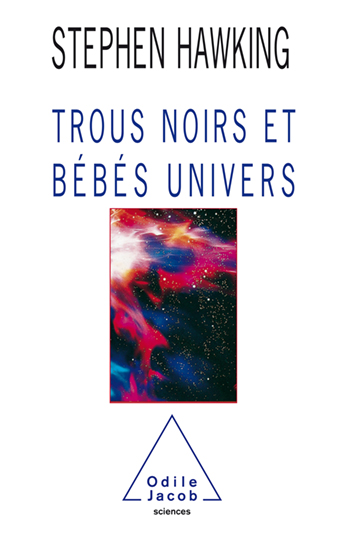
Stephen Hawking
Black Holes and Baby Universes
Singlehandedly, Stephen Hawking has profoundly transformed the way we look at the universe...
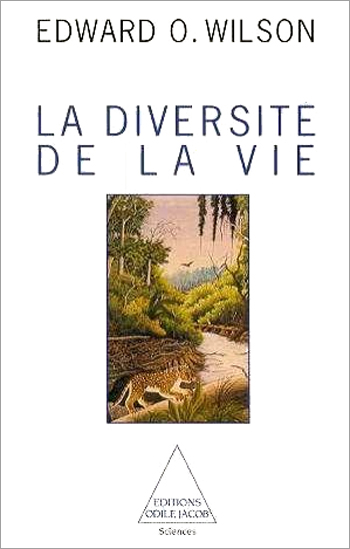
Edward O. Wilson
The Diversity of Life
What are the mechanics of evolution? What is the force behind diversity and the proliferation of the species? Why does nature never stop inventing new forms of life? What is the effect of great catastrophes on the evolution of the species? What is the real effect of human action on nature? A professor at Harvard University, Edward O. Wilson is one of the most important theoricians of biological evolution. He is also one of the most ardent lobbyists for the preservation of nature.
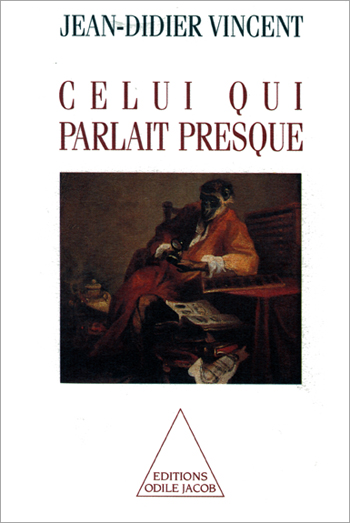
Jean-Didier Vincent
Celui qui parlait presque
When a rich English woman, a grouchy scientist, a bonobo monkey and a young man interested in religion meet together in a castle of Provence, what do they do? They talk. And what do they talk about? About the origins of life, the appearance of language, about the secrets of memory, or about the emergence of desire. Subtle and witty, J.-D. Vincent, a neurobiologist, author of The Biology of Passions, offers us here a defense and an illustration of material reason.
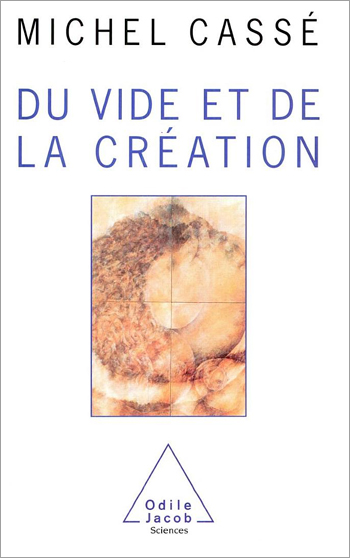
Michel Cassé
Nothingness and Creation
This book is foremost a piece of scientific popularization. M. Cassé leads us on an historical stroll through physics. First we meet the ideas of Galileo and Newton. Then Einstein modifies the classical notions of time and space. Finally quantum mechanics revolutionize our sense of matter. On a deeper level, Cassé sees physics as an arena for debate on the nature of reality. This is why scientific discourse often tends toward reverie and poetic meditation, particularly when concerning itself with the void, a central notion for modern physics and the complex protagonist of Cassé's scientific journey.
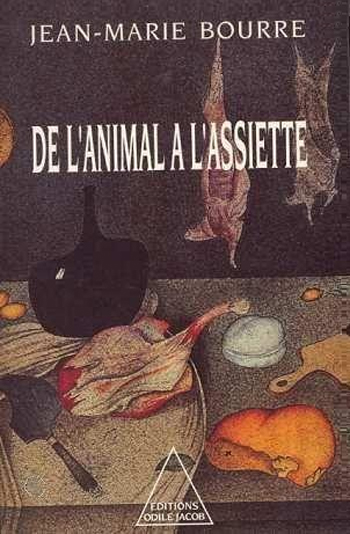
Jean-Marie Bourre
From the Animal to the Plate
Traditionally, meat was the basis of our meals. Today it has become the object of dietary resentment: too much fat, too rich, too heavy... Yet meat contains proteins essential to a healthy existence. J.-M. Bourre joins the search for meat replacements, exploring the riches of the sea, the ressources found in vegetal proteins, innovative cooking techniques, and recent changes in breeding.

